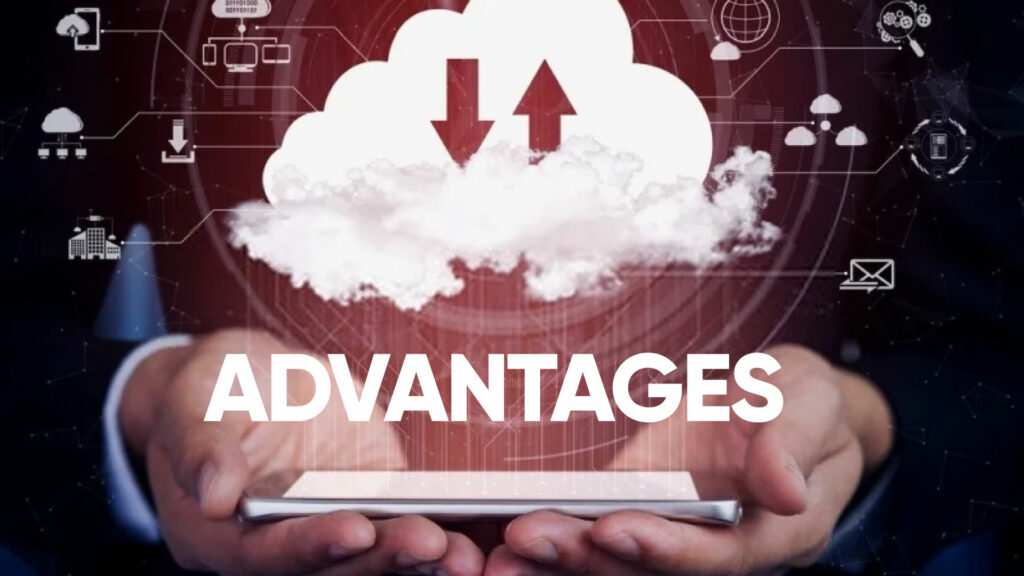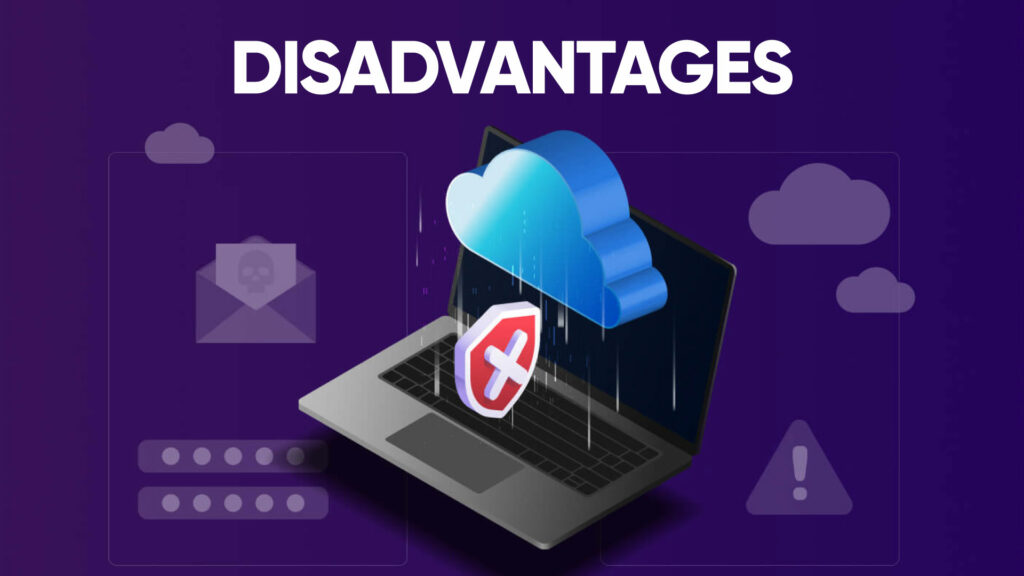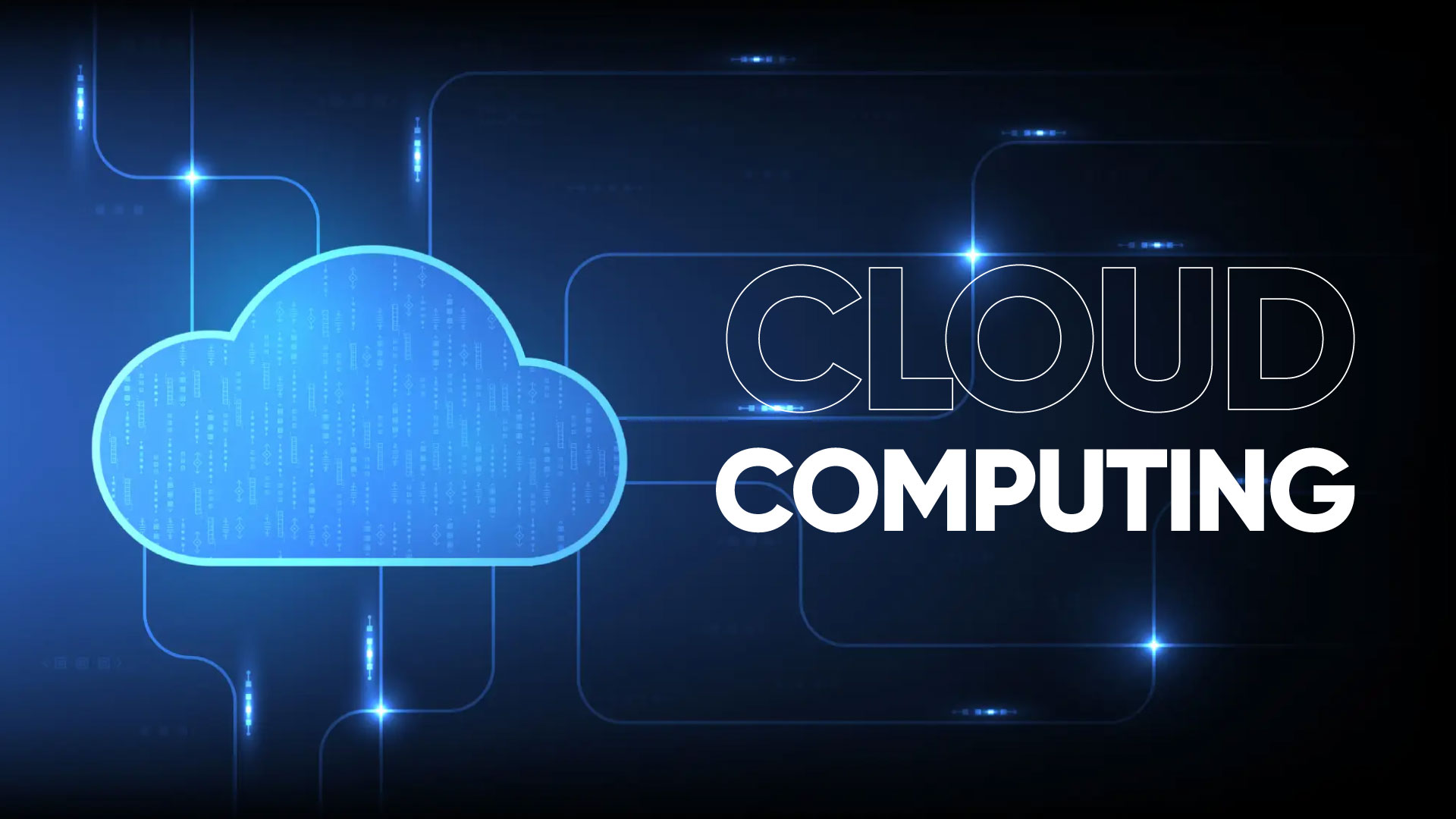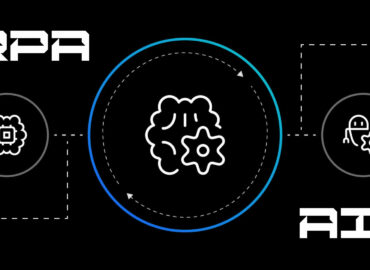Cloud Computing: Advantages and Disadvantages
Introduction
TCloud computing is a network of services that allows on-demand access to the Internet platform. The services or servers may include databases, data storage devices, software, etc. Mainly, cloud computing helps in connecting the data or server without any need for physical data. This property makes information or data accessible and convenient from anywhere via the internet. Cloud computing differentiates based on its services, deployments, and types.
Benefits of Cloud Computing
Cloud computing is rapidly growing and is the most popular technology in business today. It offers a lot of benefits and potential for business growth. There are several benefits that are quite notable, such as:
- The cloud computing architecture is built to reduce costs as it relieves the deployment of a full fledged IT department.
- The scalability also allows multiple users to access the system without the need for a separate database.
- The flexible infrastructure allows team collaboration and freedom from time constraints.
- Cloud computing gives businesses an investment edge by updating their business models and enhancing their productivity.

Advantages of Cloud Computing
The IT sector is progressing at a fast pace, introducing new technologies from time to time. It is important to keep up with these innovations. The new digital services have transformed the landscape of technology. There is much scope for various disciplines if they incorporate cloud computing into their systems. Following is a description of the advantages of cloud computing and how it will improve the trajectory of their businesses:
1. Cost-effectiveness
The most important advantage of cloud computing is the cost-effectiveness of its system. You don’t need to spend thousands of dollars on the hardware, which will save a lot of money on your investment. S You also need a software license to manage all the work, which is less flexible and more technical. Hence, cloud computing is an all-in-one solution to all the financial aspects of data storage. It is a one-time payment, and further upgrades can be made by purchasing selected features.
2. Security
Another concern with cooperation is the safety and security of their data. Cloud computing has an upper hand over in-house computing services in terms of data security. It is a matter of responsibility and trust to keep the data of an organization’s employees and customers safe. Cloud computing is less prone to foreign attacks and threats as it adds barriers to accessing the data. The constant upgrade and safety protocols encrypt data and add layers to security.
3. Reliance
A cloud service provider handles all the technical and operational requirements of the server. It relieves businesses from being worried about their data storage and server functions. If any fault occurs, then the service provider guarantees the restoration of data. The data is not lost; rather, it can be backed up due to storage on multiple servers.

Disadvantages of Cloud Computing
Besides the numerous advantages of cloud computing, there are several disadvantages to it. The upside of cloud computing is not completely perfect and serves as a drawback. Some of these disadvantages are as follows:
1. Downtime
The biggest challenge in opting for cloud computing is downtime. This means an outage of power and access to the internet. The unavailability of any of these components means you cannot operate on the cloud. This creates a huge lag in business connectivity and remains the biggest drawback of a cloud computing server.
2. Security
No doubt, cloud computing addresses many security concerns, but there are still some loopholes. Despite all precautions, there is still a risk of a security breach. There must be strict adherence to digital security protocols so that the system is safe from outside threats. This requires a complete knowledge of the pros and cons of cloud computing security to ensure security.
3. Cloud vendor lock-in
Cloud computing is a novice technology, and many server providers promise to provide a reliable experience. However, there is an inherent risk that most contractors will end their agreement. This will leave you in a huge logistical crisis, as your data will need another server for storage. This vendor lock-in will make you disengage and transition to a new model, which can create system lag.
Conclusion
Every technology has several ups and downs when it comes to a complete analysis of its function. Similarly, cloud computing brings benefits for businesses but also certain challenges. But technology is improving, bringing more features and mitigating faults So, there is a high chance that these drawbacks will be dealt with to provide a streamlined experience. Nonetheless, it is a personal choice to incorporate cloud computing into your system database. Make sure that you have picked up a legitimate service provider to ensure a better experience.







